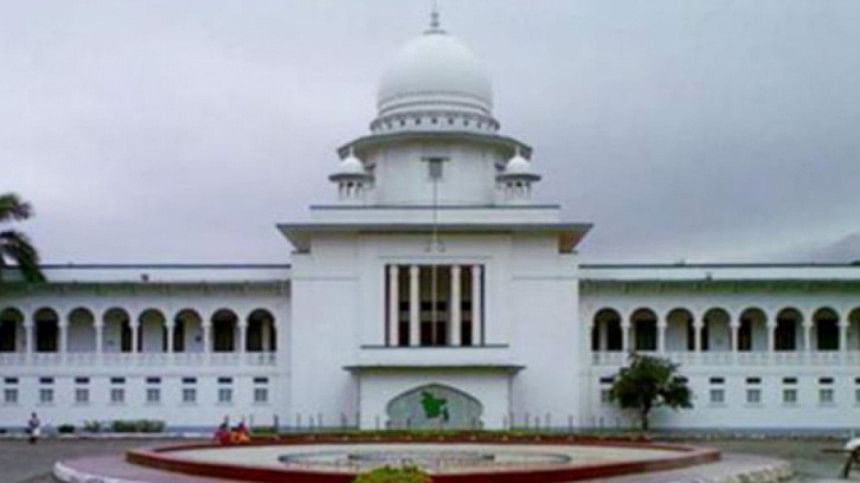Why the delay in appointing SC judges?

We wholeheartedly agree with the chief justice's statement that formulating a law for the appointment of Supreme Court judges is essential now. Article 95 of our constitution also mentions that there should be such a law. The law minister had assured us in the past that the government would frame a law for that purpose. As such, it is disappointing that the law has not been framed yet.
For a country that is celebrating its 50 years of independence, to not have a law for the appointment of judges to its apex court is most unfortunate. The chief justice rightly observed that in the absence of such a law, there remains some confusion among the people in regards to the appointment of judges to the Supreme Court. Having a law that lays out how and on what basis the judges will be appointed to the highest court will make the process more transparent, which is crucial. It could potentially make the appointment process faster, too.
In recent times, appointment of new judges to the Appellate and High Court divisions of the Supreme Court has slowed down significantly. Additionally, a number of judges have also retired. With an inadequate number of appointments against the number of those retiring, the High Court now has 91 judges, whereas the number was 101 in 2012. At present, the Appellate Division also has only five judges. Thus, a huge backlog of cases has been piling up in both the Appellate and High Court divisions—as of December 31, 2020, the number of cases pending with the Appellate Division was 15,225, while it was 452,963 with the High Court, according to a study by Law Lab, a law chamber that conducts research on legal and constitutional issues. That meant that each judge in the Appellate Division had 3,045 pending cases, while each judge in the High Court had 4,923.
Expecting a judge to dispense so many cases is simply absurd. Furthermore, as cases keep piling up, the sufferings of justice seekers are also increasing. The chief justice mentioned the need to double the number of judges at all tiers of courts across the country. And we firmly believe that the process should begin with the appointment of Supreme Court judges. To that end, we call on the government to urgently take all the necessary measures to formulate a law for the appointment of judges to the Supreme Court, as prescribed in the country's constitution—keeping in mind the importance of safeguarding the independence of the judiciary.

 For all latest news, follow The Daily Star's Google News channel.
For all latest news, follow The Daily Star's Google News channel. 



Comments